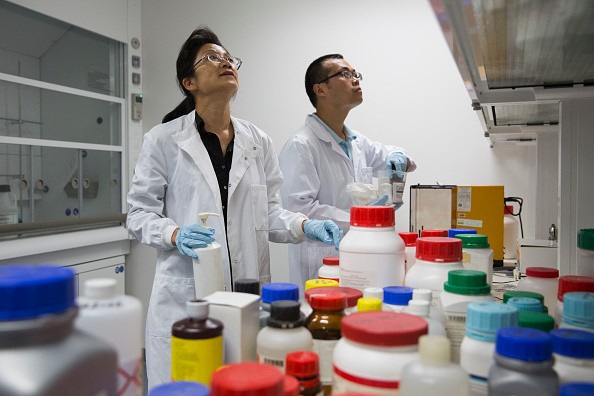Singapore’s Nanyang Technological Institute (NTU) has teamed up with Japan’s RIKEN and the University of Chinese Academy of Sciences (UCAS) to advance studies and research in human biology, AsianScientist.com reported.
UCAS and NTU Singapore’s research agreement will cover a timespan of five years. Aside from research collaborations, the team-up will also include visits and exchanges between the two universities’ research and academic staff, as well as students.
The two institutions will work in translating current and future technologies in Internet-of-Things, virtual reality, big data analytics, and artificial intelligence to develop applications that will help education and healthy aging.
To help achieve this goal, NTU-British Columbia (UBC) Research Centre of Excellence in Active Living of the Elderly (LILY) will work with UCAS.
Meanwhile, NTU Singapore’s research partnership with Japan’s RIKEN, the country’s leading research institute in the natural sciences, will cover human biology studies.
The three-year research collaboration will make use of RIKEN and NTU Singapore’s state-of-the-art research facilities to understand mind-and-body interaction as well as diseases, especially at its pre-clinical phase.
To fulfill this purpose, a RIKEN-NTU Research Center for Human Biology will be set up in both NTU Singapore and RIKEN. These research centers will be lead by NTU Singapore’s Professor Balázs Gulyás and RIKEN’s Dr. Atsushi Iriki. They will be joined by 20 researchers and students during the latter part of the research collaboration.
So far, RIKEN and NTU Singapore has also identified several projects to tackle in their three-year partnership.
One of the projects includes the study of the interaction between the mind and body, including the complex mechanisms involved. The expected output will help develop more “naturalistic therapies” that incorporate both the body’s physical state and cognitive functions, AsianScientist.com reported.
Another research group will tackle chemical engineering technologies and biomedicine to develop biomarkers that will help diagnose diseases and identify the necessary treatment even at the pre-clinical phase.



























